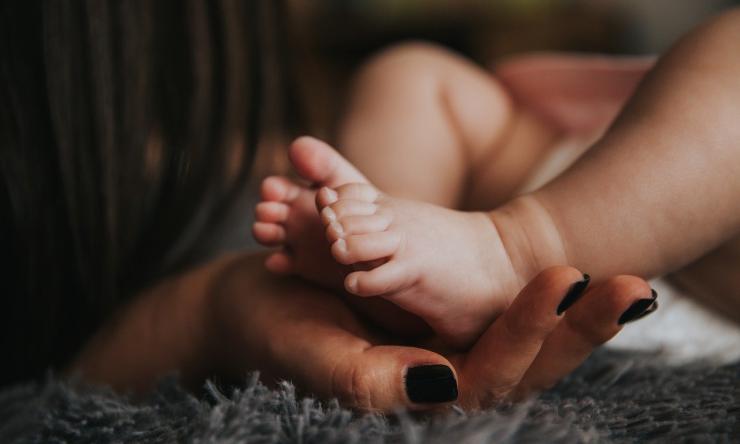Parental leave during PM&R residency does not impact board pass rates
While residency training is a critical time in a physician’s career, there are various reasons why an extended leave might be necessary during this time. However, there is little data on how taking an extended leave during training can impact a resident’s board exam scores. Researchers at Baylor College of Medicine, in collaboration with colleagues at the American Board of Physical Medicine and Rehabilitation and Mayo Clinic, found that those physical medicine and rehabilitation residents who took parental leave did just as well or better on their board exams as residents who took no leave during their training. Their report was published recently in the American Journal of Physical Medicine & Rehabilitation.
According to Dr. James McDeavitt, executive vice president and dean of clinical affairs at Baylor and first author of the paper, there is an increased emphasis on leave for all residency programs as a result of changes in leave policy by the American Board of Medical Specialties. In addition, the American Board of Physical Medicine and Rehabilitation, of which McDeavitt currently serves as chair, has made a commitment to making data-driven decisions as a part of its new strategic plan, and this is one of several areas that is being researched.
“I think it’s an important question to ask, especially now when we have this push toward diversification of our physician workforce,” said Dr. Nital Appelbaum, assistant professor of education, innovation and technology at Baylor and co-author on the paper.
The researchers looked at deidentified information from the American Board of Physical Medicine and Rehabilitation database between 2008 and 2020 and found four main reasons for extended leave of absence among residents: medical, parental, academic/remediation and unspecified personal reasons.
They found no difference in pass rates for the written board exam between residents who took parental leave during this time and residents who took no leave. Residents who took parental leave had higher pass rates on the oral portion of the board exam compared to residents who did not take a leave. Those who took leave for academic/remediation reasons or unspecified personal reasons had lower pass rates compared to residents who did not take leave, indicating that there are opportunities to offer this group of residents more support.
“If you have residents going out on parental leave, the data would show that’s ok. You should not be overly concerned about the performance of those residents when they come back,” McDeavitt said.
He encourages programs to look into ways to support those who leave for academic/remediation or unspecified personal reasons to catch them up once they return from leave.
Every specialty is different, McDeavitt said, so it might be a good idea to look at this within other medical disciplines. Specialties that are more heavily procedurally based may have different outcomes.
Appelbaum suggests that boards for all specialties replicate this study to see if they have similar findings in an effort to guide residency program directors on how to best support residents taking leave, depending on the type of leave.
Other authors of the paper include Dr. Mikaela M. Raddatz with the American Board of Physical Medicine and Rehabilitation and Dr. Sherilyn W. Driscoll and Dr. Carolyn L. Kinney with Mayo Clinic.
Free full-text access to this article is available to all for a limited time through the American Journal of Physical Medicine & Rehabilitation.










